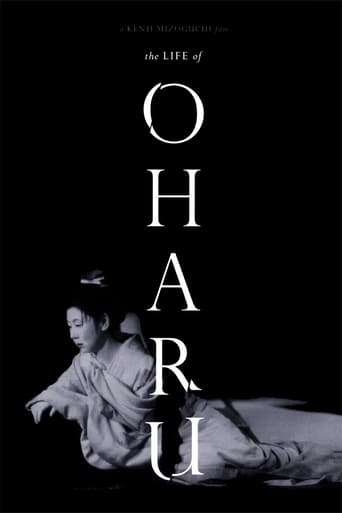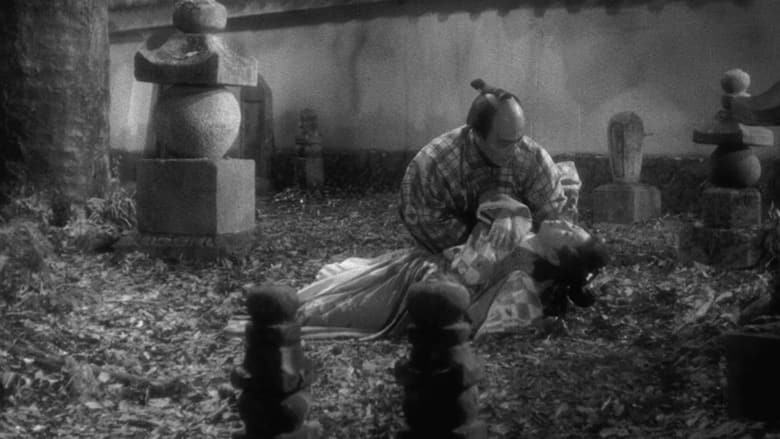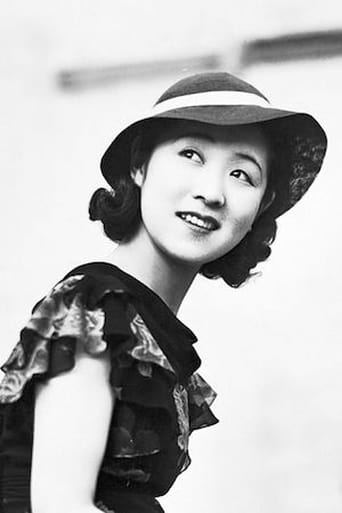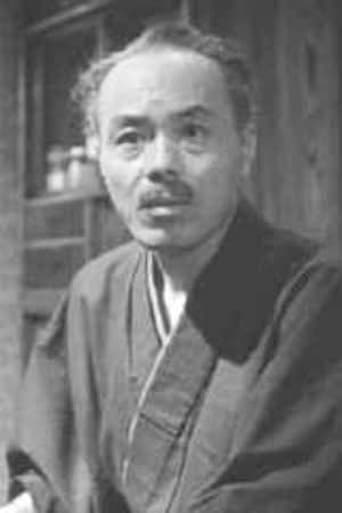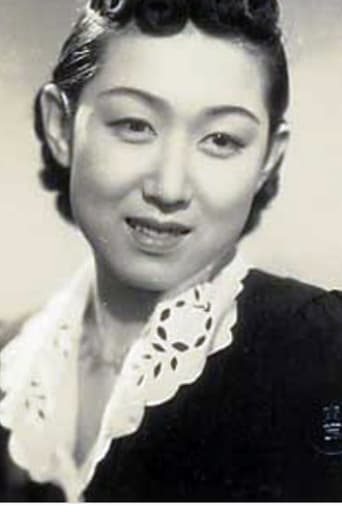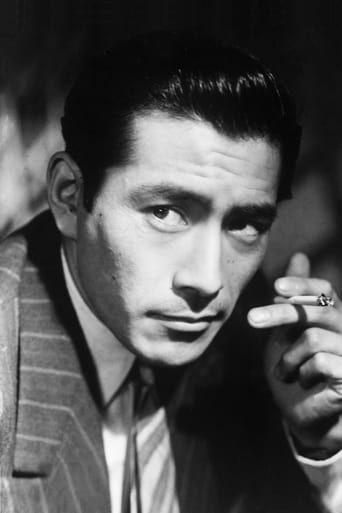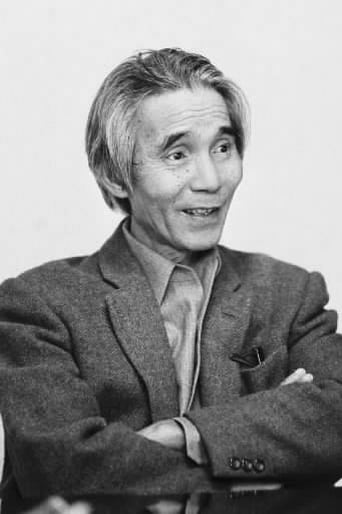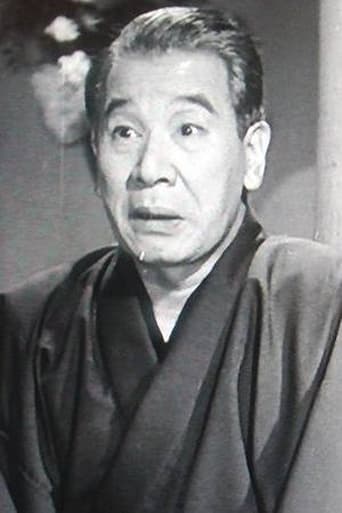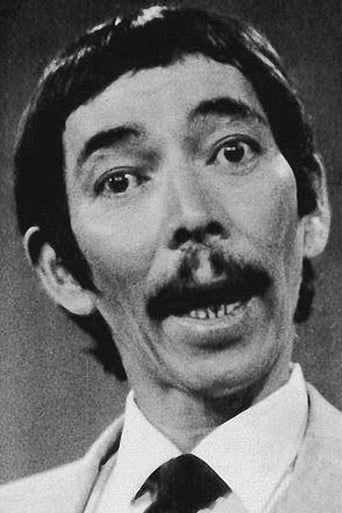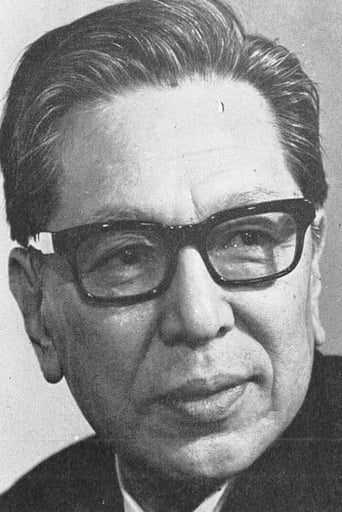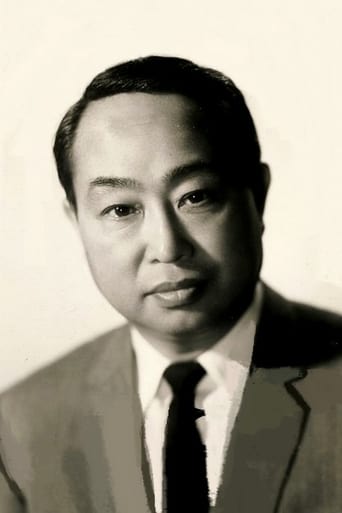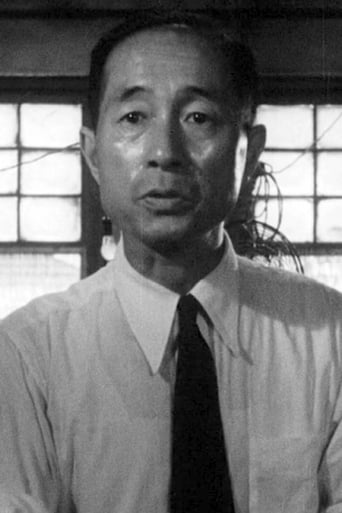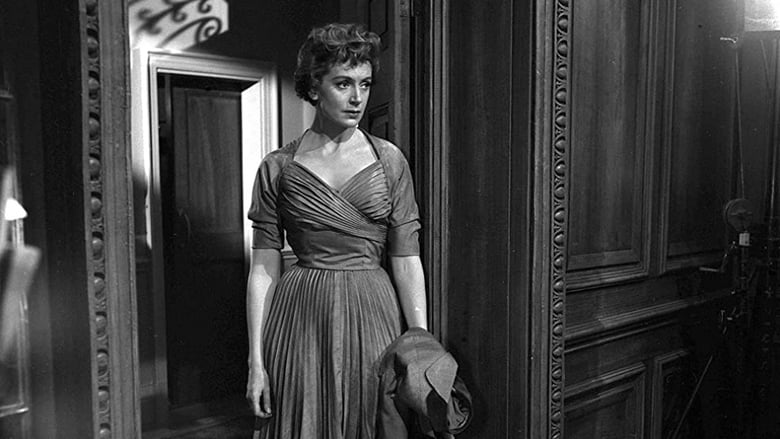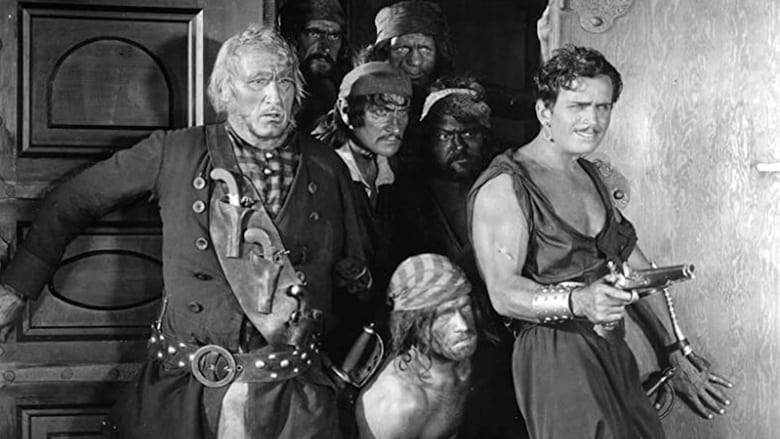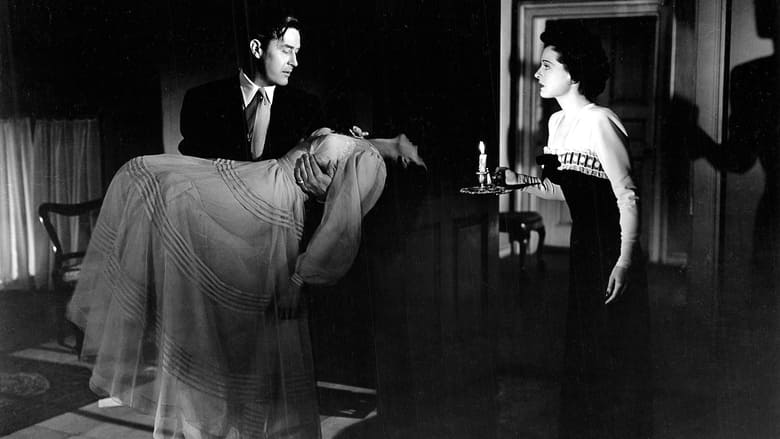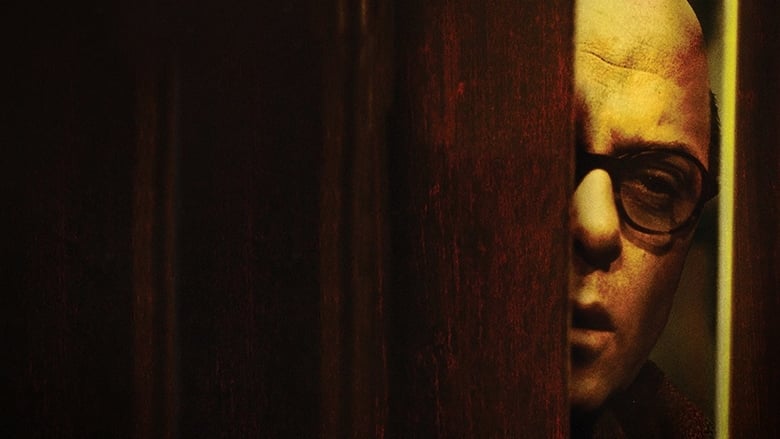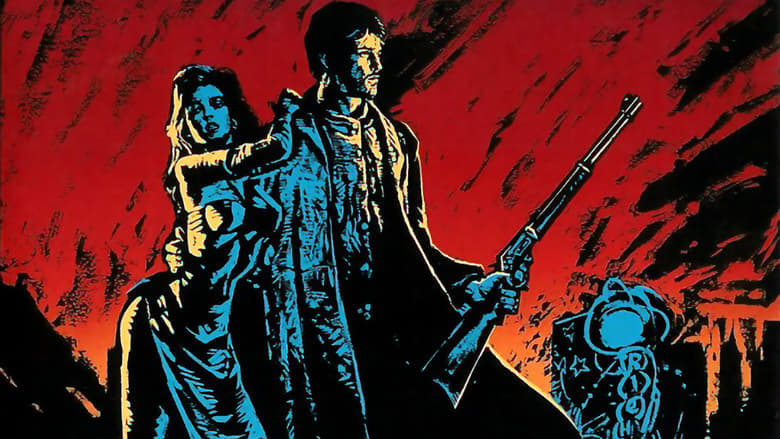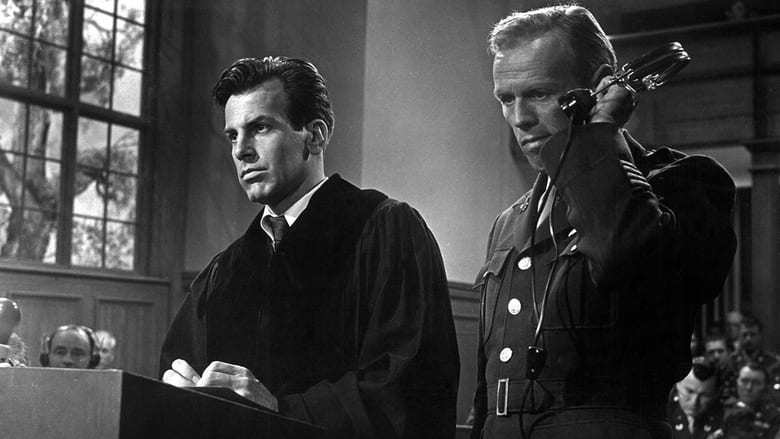In Edo Period Japan, a noblewoman's banishment for her love affair with a lowly page signals the beginning of her inexorable fall.


Similar titles


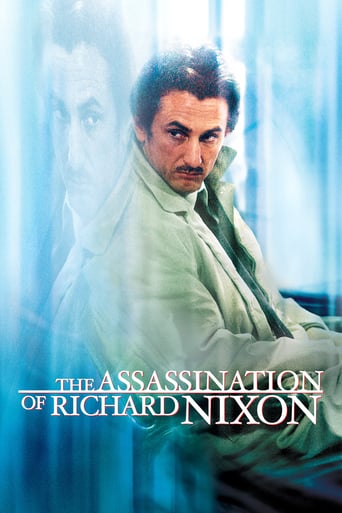


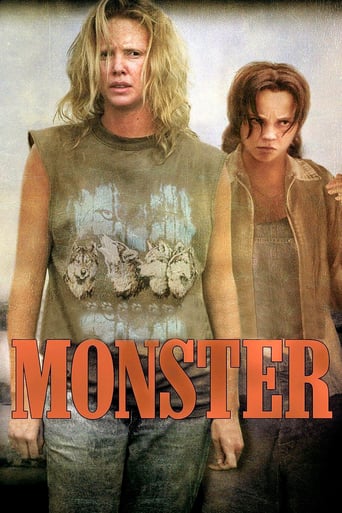


Reviews
'The Life of Oharu' is not an easy film to watch. There is barely even a fleeting moment of joy/happiness and towards the end, the viewer will find himself/herself getting really angry and outraged by the unthinkable oppression and atrocities and engulf our titular protagonist. Mizoguchi's sympathetic treatment of Oharu compels the viewer to feel beaten down and horrified by Oharu's miserable plight.The long line of tragedies in Oharu's life gets triggered by her decision to fall in love with Katsunosuke(played by the legendary Toshirô Mifune), a man of lower social standing. This element of forbidden love was also present in the previous Mizoguchi film that I watched namely 'The Story of Last Chrysanthemum'. The story arc of Otoku in that film to a some extent resembles the arc of Oharu in this one in terms of the mental and physical torture that they are both subjected to. Oharu makes an effort to conform to society's deplorable expectations, but even then gets nothing to show for it and gets discarded. This is because once she falls in social standing and gets sold off by her family, she ceases to be a human being in the eyes of society. There is a lot of references to trade and business in 'The Life of Oharu' which is relevant because Oharu over the course of her life becomes nothing more than a commodity to be sold from one customer to the next in the patriarchal society of 17th century Japan.Mizoguchi technical mastery is again on show in 'The Life of Oharu'. Some of the long takes and extended tracking shots are truly remarkable. Mizoguchi had the ability to suggest a plethora of things like passage of time, a change in mood, etc. with one little pan movement of the camera or with just the camera placement and those features are on show here too. The interior sets are beautifully designed and the haunting music by Ichirō Saitō is used craftily from time to time to set/change the mood. Kinuyo Tanaka has to be admired for lending the sympathy inducing tender innocence to Oharu. Her performance in the scenes depicting the later stages of Oharu's life is jaw-dropping in its authenticity and humanity.To conclude, I have to reiterate that 'The Life of Oharu' is not for everyone. One has to be in a specific mood to be able to endure the emotionally crushing narrative and storytelling of the film. But having said that, I still believe that it needs to be watched as Oharu represents numerous women(of Japan and beyond) in history and present times whose lives were and are still getting destroyed due to an oppressive society which denigrates women. It is said that Mizoguchi's obsession with capturing the misery of women in the face of oppression had its roots in his own childhood as his own sister who raised him was sold by their father. One can sense a personal grief, a personal intimacy in the style of storytelling in this particular film. Highly Recommended.
Viewed on DVD. Restoration = ten (10) stars; subtitles = nine (9) stars; cinematography = five (5) stars; score = four (4) stars. Director Kinji Mizoguchi's gripping depiction of what life probably was like (or pretty close to it) for women who lived in late 17th Century Japan. The photo play combines traditional tales and historic depictions with the imaginations of its creators. What emerges, at least from the Director's perspective, is a far from pretty picture for all women living at all levels of society. As the title implies, this is essentially a one-character film whose life phases involve all levels of the female cultural food chain. Actress Kinuyo Tanaka delivers a Tour De Force performance by playing eight interconnected roles representing each life phase. Blank verse is sung to provide voice overs that connect scenes. But sometimes this technique seems to be just the Director trying to drive his point home to audiences who (in his mind) may be too slow witted to follow the drama streams. This approach becomes very stale very fast. The film's music (it's too disjointed to be labeled a "score") is certainly unique, but also, unfortunately, grates on the modern ear and is often annoying. It can become a less-than-welcomed distraction to a scene (in all fairness, it would appear that the composer might have been trying to duplicate what may have been the music from the era the film addresses). Cinematography (narrow screen, black and white) and lighting are a bit on the dark side with scenes often appearing in somewhat fuzzy gray and white vice more sharply-focused black and white. Rather than creating some sort of "visual mood," scenes can be just plain hard to discern. Nearly all above-the-line talent is credited in subtitles during the opening credits! Congratulations to the Criterion Label for a small, but significant contribution to the film's restoration process. This level of subtitling is a very rare occurrence in the restoration of classical and in the release of modern Japanese films on video disc as well as for modern films shown in theaters. In all cases, producers seem to be sending this message to non-native Japanese: a large portion of the movie's cast and crew are not important (which, of course, is nonsense!) and have been ignored in this cheap translation. A movie worth re-watching from time to time (especially if you are deep diving Japan's ancient cultures). WILLIAM FLANIGAN, PhD.
Not even Lars von Trier can get to dramaturgy this depressing about a woman's decay of a life and horrendous bad luck. Yet Kenji Mizoguchi keeps things engrossing just because this character of Oharu is a smart, empathetic character, and the idea of a person having no real rights but only owners really is something that should go past simple feminist statements. at the same time I think, coming as it does in post war Japan in 1952, its the director via the book saying, look, don't take ANY freedoms for granted. not a shot is wasted here (even if one or two go just a bit longer than necessary, it's fine though, von Trier does worse).And it all amounts to a moral plea, that even in the system of owners and property and where money is king (not queen), you still make choices to be decent or indecent, and that perceptions shouldn't be just taken at face value. If there is any big lesson to take away it's that so much horror that can befall a good person is someone's first impression and lack of critical thinking. Indeed, it's shot with an uncanny ability to focus on major points in seemingly small moments- when the one man is looking about at all the Kyoto girls and none fit his strict standards for his master's breeding needs, the shot tracks along as he is looking at them all slowly, and it ends with the shot showing all the girls looking at the man like 'what did we do wrong?' But the performances are all strong (if, yeah, melodramatic as hell at times, it is Japanese neo-realism to an extent).And of course the inimitable Toshiro Mifune steals his precious scenes and helps to add to the initial trauma for Oharu- when you lose a man like that, it's all downhill from there perhaps.
Mizoguchi's exquisite compositions and direction, along with the fine pacing and excellent acting, make this a must-see, but I don't think I'll see it again anytime soon.To Western eyes, anyway, this story of a 17th Century woman's downfall -- from growing up in the Imperial Court to dying as a broken streetwalker, is affecting but frustrating.Mizoguchi's point about the cruel limitations on Japanese women's lives during this period is made clearly, but Oharu's passivity is maddening. People cheat, seduce, betray, and ruin her again and again -- and she just bows her head and takes it.This may be historically and culturally accurate, but it doesn't improve the story, which becomes a bit monotonous at times.OHARU is a fine film, but as characters I prefer the spunkier, better-characterized prostitutes of STREET OF SHAME, the director's final film.
